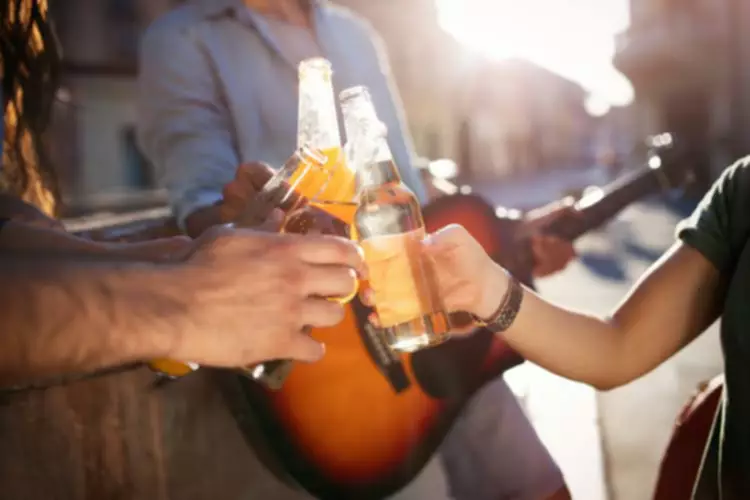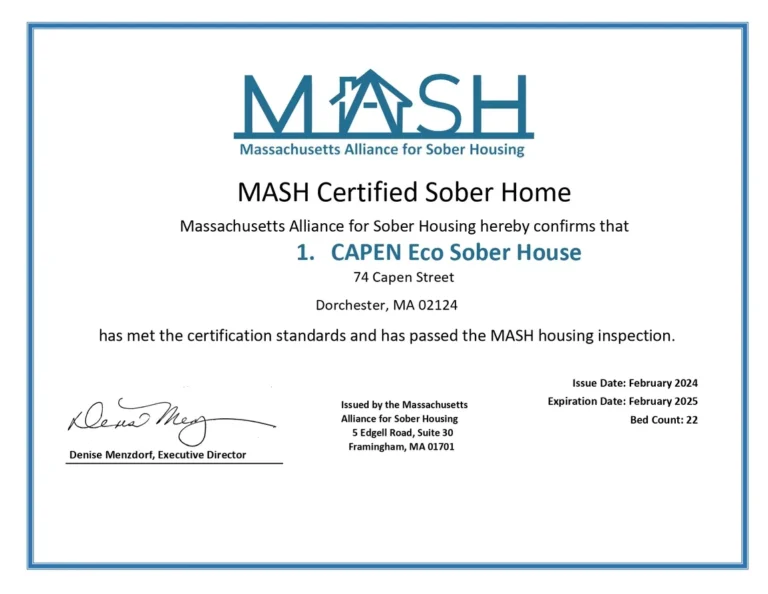- (512) 252 - 7075
- mvc1010@yahoo.com
- Mon - Thurs: 8:00 AM - 5:30 PM
13 Oct, 2021 | vwssupport | No Comments
Alcohol and Insomnia: How Alcohol Affects Sleep
Potential moderators and mediators of treatment outcome, including demographic, clinical, and physiological measures of alcohol dependence need to be considered to identify which alcoholic patients are most in need of adjunctive sleep treatment. There have been comparatively few studies of nonpharmacological sleep treatments in patients recovering from alcohol dependence. Greeff and Conradie131 assessed the benefits of PMR for improving subjective sleep quality in 22 male alcoholic inpatients who met DSM-III-R criteria for an insomnia disorder. Half of the participants received two weeks of daily relaxation training while the other half received no treatment.
What is Alcohol Use Disorder?
- Thus down regulation of brainstem GABAergic systemsfollowing development of alcohol dependence would lead to diminished activity in REM-offsystems (see Figure 6) leading to an increasedpropensity for REM.
- An uncomfortable sleep environment can make getting a good night’s rest challenging.
- Below, we’ll dive into how to stop alcohol insomnia with help from the RISE app, how long alcohol sleep problems last, and why alcohol causes sleep loss in the first place.
- This not only worsens pre-existing sleep apnea but may also lead to episodes of sleep apnea in individuals who previously did not experience it.
- Call now to connect with a treatment provider and start your recovery journey.
- Some studies have reported a mild withdrawal syndrome persisting after the cessation of an acute withdrawal phase.
However, there is limited information in the addiction literature about available and effective treatments for sleep disturbances in recovering alcoholic patients. Recommendations for future research are provided along with special considerations for treating insomnia in this population, including avoiding cross-dependent sedatives, such as benzodiazepines and benzodiazepine receptor agonists (BzRAs). Animal (typically rodent) models of acute or chronic alcohol administration onsleep have provided valuable insights into the neurochemical effects of alcohol on brainstructures and systems that play a role in sleep regulation, however, many questions remainunanswered. At this time when poly-substance dependence iscommon, it also is becoming increasingly relevant to investigate the interactive effects ofsubstances of abuse on sleep behavior and regulation. Heavy alcohol use can contribute to the development of insomnia, a sleep disorder characterized by difficulty falling asleep and staying asleep. As many as three quarters of people with alcohol dependence experience insomnia symptoms when they drink.
Insomnia and Alcohol Use Disorder
The result is a lot of trips to the bathroom and a (mostly) sleepless night. REM sleep has a restorative effect and plays a role in memory and concentration. Poor or insufficient REM sleep has been linked to not only grogginess the next day, but also a higher risk of disease and early death. Long-term insomnia is usually due to stress, life events or habits that disrupt sleep.
Other general adverse effects
While treating the cause of your sleep problem may stop your insomnia, sometimes it can last for years. If insomnia makes it hard for you to do daily alcohol insomnia activities, see your doctor or another primary care professional. Your doctor will search for the cause of your sleep problem and help treat it.
- This is why a comprehensive approach to treatment is often the key to a successful recovery.
- If you drink alcohol at night and have trouble falling or staying asleep, you might wonder how long you should wait between your last drink and going to bed so your sleep isn’t impacted.
- An older study concluded that alcohol might reduce sleep in the first half of sleep and increase disruption in the second half.
- The CDC defines moderate drinking as two or fewer drinks for males, and one or fewer for females, in a given day.
- During three decades of follow-up, repeated measures were obtained via a self-completed questionnaire of insomnia symptoms and sleep duration and repeated measures of alcohol consumption and problem drinking.
- SWS was significantly increased over baseline on the first drinking night in thePrinz et al. (1980) and Feige et al. (2006) (0.10% BAC dose) studies but not inthe Feige et al. (2006) (0.03% BAC dose) orRundell et al. (1972) studies.
Alcohol and Insomnia Signs, Symptoms and Treatment
Another study found seven weeks of CBT-I improved sleep efficiency (the time spent sleeping while in bed), awakenings, and time to fall asleep in recovering alcoholics with insomnia. People with insomnia often wake up tired and struggle with poor memory or concentration. Many people with insomnia may have difficulty falling asleep at night.
As such, people with insomnia often try to self-treat the condition. An estimated 20% to 30% of people report drinking to manage insomnia.7 While alcohol can initially cause sedation, over time, alcohol causes major disruptions in the quality of sleep. While drinking alcohol before bedtime may help you feel relaxed and sleepy, enjoying a nightcap puts you at risk of experiencing repeated wakings and low-quality sleep later in the night. Alcohol use and dependence appear to interfere with circadian rhythms—biological patterns that operate on a 24-hour clock. Evidence suggests that consuming alcohol may decrease the body’s sensitivity to cues, like daylight and darkness, which trigger shifts in body temperature and secretion of the sleep hormone melatonin. These fluctuations play a vital role in the sleep-wake cycle, and when they are weakened—or absent—a person may feel alert when they want to sleep and sleepy when they want to be awake.
1 Alcoholism: Sleep EEG Data

People suffering from depression may already have disrupted circadian rhythms, and the presence of even moderate amounts of alcohol may push those rhythms further out of sync. Alcohol also affects people with central sleep apnea (CSA), which occurs when the brain periodically stops sending certain signals involved in breathing. Alcohol interferes with the brain’s ability to receive chemical https://ecosoberhouse.com/ messages involved in breathing, which decreases the body’s respiratory drive and increases the likelihood of pauses in breathing. Consuming alcohol may present a higher risk of developing sleep apnea. In a 2018 study, researchers found that alcohol increases this risk by 25%. Individuals who have attention deficit hyperactivity disorder (ADHD) are also particularly affected by insomnia.

Wait Between Drinking and Bedtime
- This means that someone self-medicating spirals deeper into their dependency, turning it into a full-blown addiction faster.
- This provides enough room to enjoy an after-work cocktail with friends, indulge in a glass of wine at your favorite restaurant, and crack open a beer after a weekend’s worth of chores around the house—all without interfering with healthy sleep and circadian rhythms.
- Because alcohol affects everyone differently, even a tiny amount of alcohol can lead to poor sleep quality.
(These may be micro-awakenings that the sleeper doesn’t even remember—but they still interrupt the flow, and quality, of sleep.) During the second half of the night, sleep architecture shifts again away from normal, with less time spent in slow wave sleep. The rebound effect may include more time in REM—a lighter sleep stage from which it is easy to be awakened. It’s true, sleep may happen more quickly after consuming a drink or two.

- Animal (typically rodent) models of acute or chronic alcohol administration onsleep have provided valuable insights into the neurochemical effects of alcohol on brainstructures and systems that play a role in sleep regulation, however, many questions remainunanswered.
- It’s important to treat sleep disorders such as insomnia (difficulty falling or staying asleep) or sleep apnea (when breathing stops multiple time a night) if they are present.
- At the 6-month follow-up, subjects with AD who relapsed had significantly higher PLMI and PLMI with arousals, than those who did not.
Anyone experiencing insomnia should speak with a doctor to learn more about what treatments may work best for them. Consuming certain substances, such as alcohol, can disrupt sleep schedules. This is because alcohol works as a central nervous system depressant. An uncomfortable sleep environment can make getting a good night’s rest challenging.
